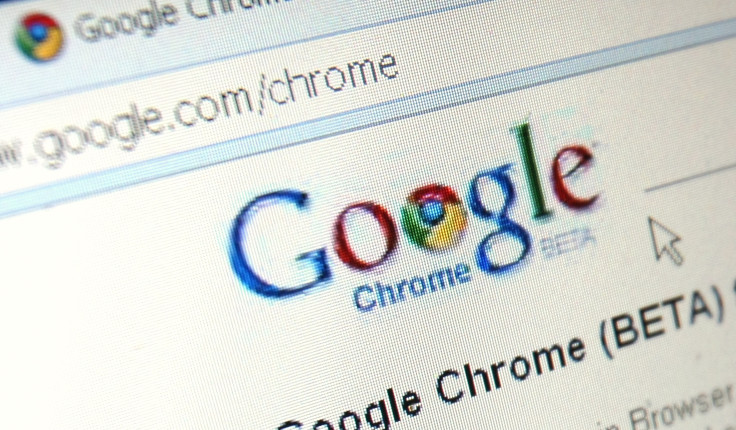
While the U.S. Department of Justice (DOJ) issued antitrust proposals in an attempt to dismantle Google's search monopoly, former Google executives expressed their skepticism that the measures will actually disrupt Google's dominance.
"You can't ram an inferior product down people's throats," said an anonymous, former Chrome business leader in a Wired interview.
Another person questioned the significance of the move considering the tech industry's current climate of transitioning to artificial intelligence (AI).
"Given the technology landscape and the different levers, are there things that will make a difference," questioned Rajen Sheth, who runs a software startup, to Wired. It will be tough."
Some of the DOJ's proposals include breaking up Google's lucrative deal with Apple, and forcing Google to share its proprietary data with competitors. The DOJ also wants Google to divest its Chrome browser and impose restrictions on its future investments in search, ad tech, and AI.
According to industry insiders, the rise of new technologies like ChatGPT could eventually replace traditional search engines such as Chrome.
"I could imagine, in a world where people are more equipped to choose rather than default, a lot of consumers might end up choosing Perplexity or ChatGPT, whereas today it's a very roundabout thing," said Guillermo Rauch, the chief executive officer of Vercel, to Wired.
OpenAI is in talks for new funding, which values the ChatGPT maker at more than $100 billion.







